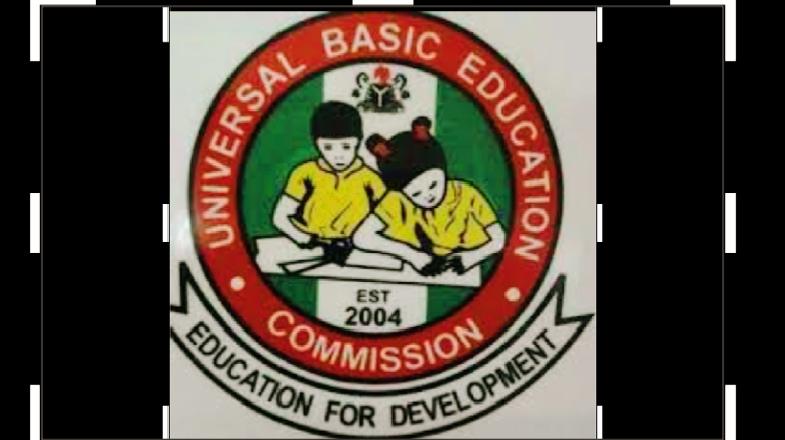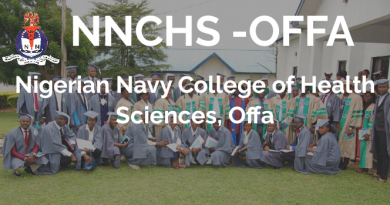UBEC Trains 1,480 Teachers in Hard-to-Reach Areas
Lulu Bangkong
The Universal Basic Education Commission (UBEC) has flagged off training of 1,480 teachers selected from rural and hard-to-reach schools in the 36 states and FCT as a means to tackle the growing learning crisis in the country.
Speaking at the ceremony, Executive Secretary of UBEC, Dr. Hamid Bobboyi, said one of the challenges bedevilling the UBE implementation in Nigeria was the inability of some learners to access quality education that translates to improved learning outcomes due to their location.
Represented by the Deputy Executive Secretary, Technical, Prof. Bala Zakari, the UBEC boss said the Commission initiated the capacity building programme on multigrade/mixed classroom pedagogies for teachers in the rural and hard-to-reach schools to equip them with skills for effective teaching and managing of learners at different levels or grade in class.
According to him, the exercise, demonstrates the commitment and interest of government at providing unfettered and quality basic education to every Nigerian child, notwithstanding their location and background.
“In a world where classrooms are becoming increasingly diverse and complex, it is essential for teachers to be equipped with strategies that will enable them effectively engage and support learners irrespective of their age, ability, interest and socio-economic background”, he said.
Speaking on the multigrade and mixed ability teaching approach, Bobboyi said, the method allows teachers to create inclusive and dynamic learning environments where every learner has the opportunity to thrive and succeed.
He expressed government’s commitment towards addressing whatever challenge facing effective teaching and learning, and to make all learners in Nigeria able to effectively compete with their contemporaries globally.
Earlier, the Director of Teacher Development at UBEC, Mr Mayowa Aleshin, said the training underscored the fact that government was addressing different challenges militating against effective teaching and learning in any location in the country.
While noting that the UBE programme ensures access is given to all irrespective of location, gender and social status, he said priority should be given to learners in the hard to reach and rural areas.
He further noted that if the problem of Out-of-school children must be addressed priority should be given to rural schools and opportunity to learners in the hard to reach areas to attain their maximum potentials through education.
On her part, the Director Basic Education at the Ministry of Education, Mrs Folake Olatunji-David, represented by Mr Adedekun Israel, challenges of limited resources, large class size with students of varying ages and abilities, require a special set of skills and approaches.
Olatunji-David noted that the training was designed to equip teachers with the tools and techniques they need to thrive in these demanding environments.
The training will have 40 participating teachers enlisted per state.




